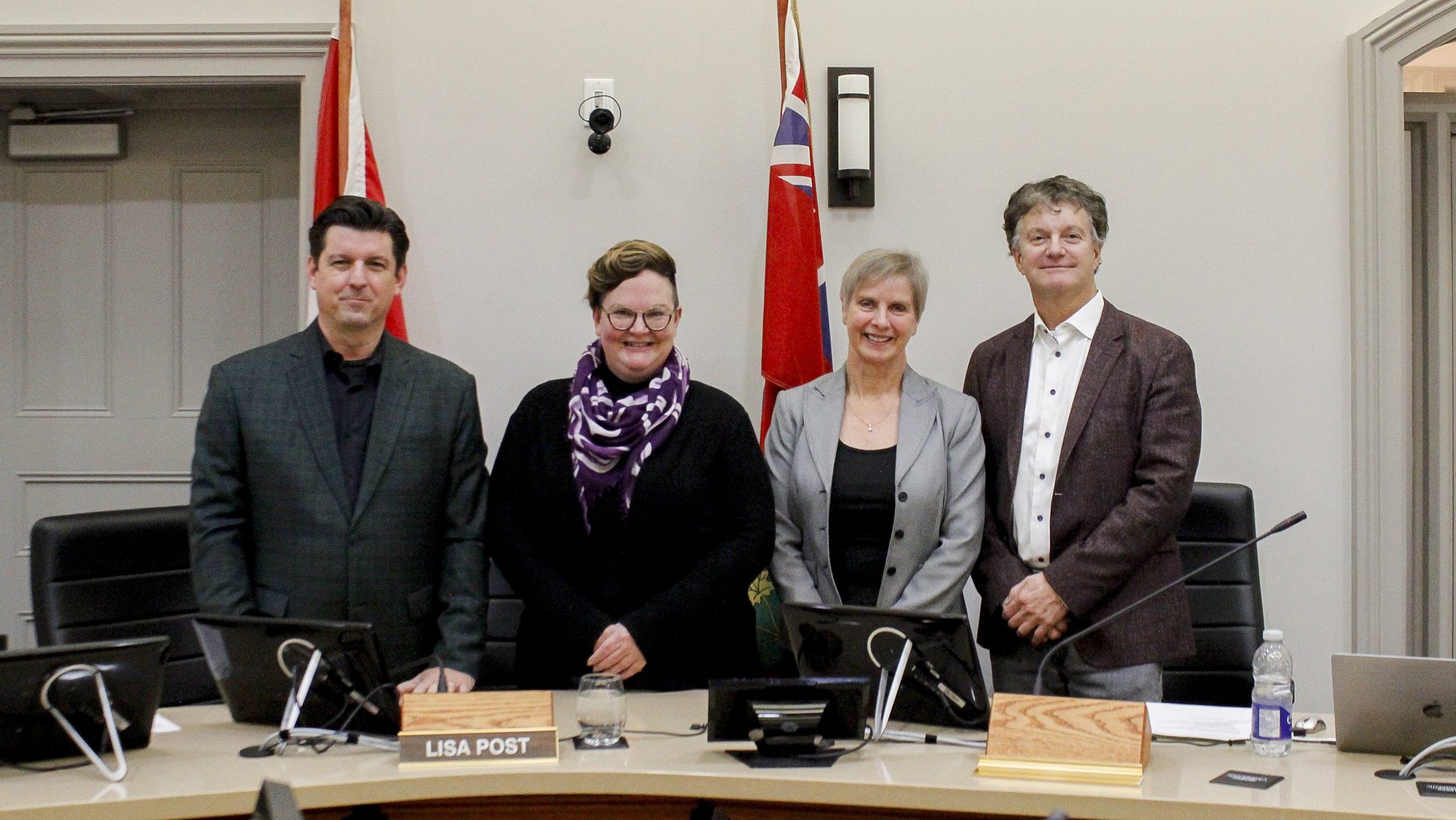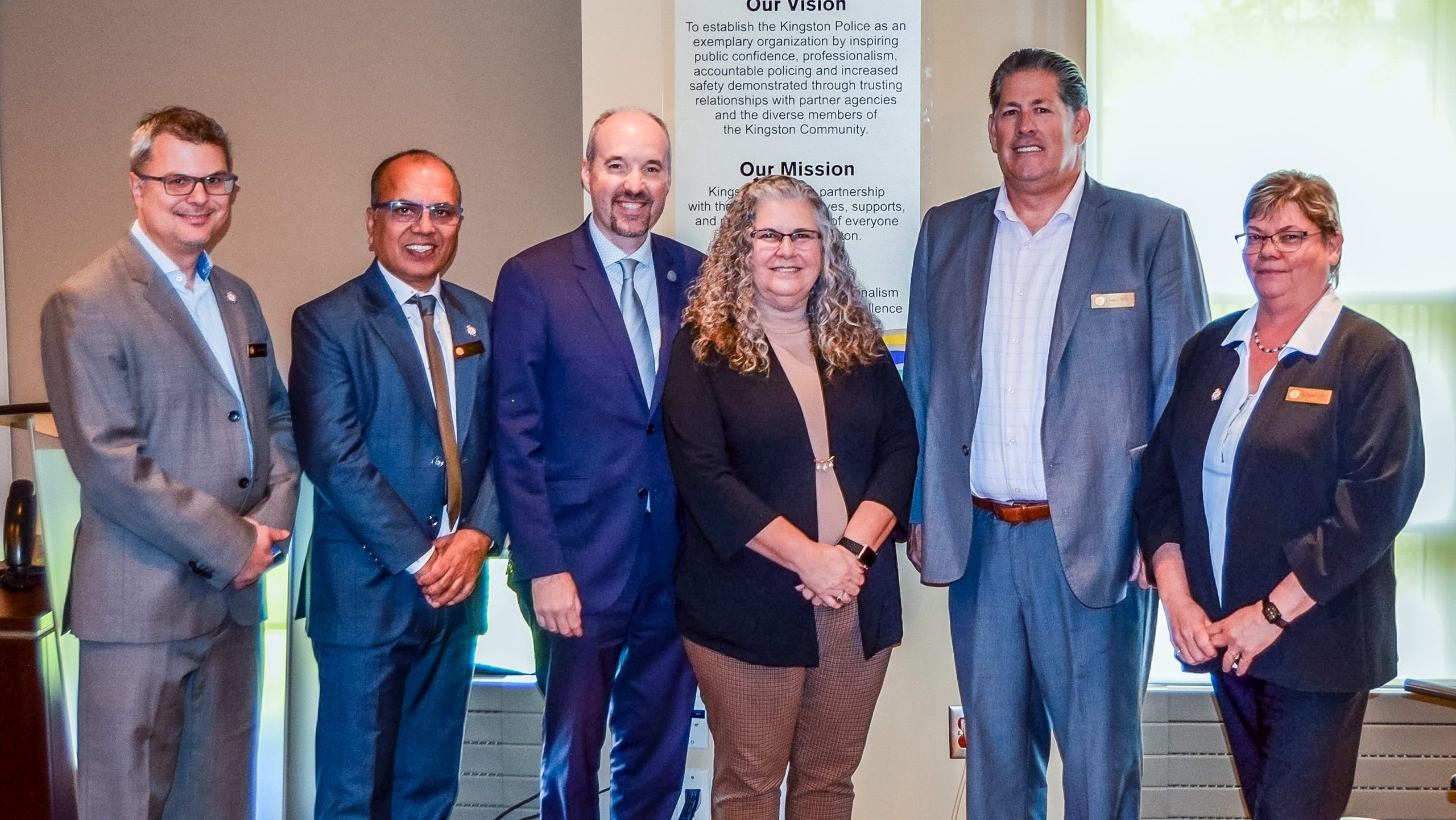Members of Provincial Parliament (MPPs) is elected to represent constituents of their riding on a provincial level, in the Legislative Assembly of Ontario, often referred to as “Queen’s Park”, where the Legislative building is located in Toronto.
Requirements
To be eligible to run for the position of an Ontario MPP, candidates must be:
- 18 years of age or older
- Canadian citizen
- Resident in Ontario for at least 6 months before election day
- Not disqualified by the Legislative Assembly Act or any other legislation
- Complete and submit a Candidate Nomination Paper (F0400), which requires the signatures of at least 25 eligible electors in the electoral district in which the candidate is running, as well as their names and home addresses.
Job duties
- Participate in Parliamentary debate
- Represent their riding and their political party
- Receive input and respond to the needs of their constituents
- Move motions or table public or private bills
- Enact, amend or repeal laws and regulations
- Participate in developing or amending government policies, programs or procedures
- Prepare, accept and present provincial petitions from voters
- May serve as minister responsible for a government department or agency and direct senior government managers and officials in the implementation of government policy and the management of that department or agency
Compensation
In 2024, each MPP receives a base salary of $116,550 (last increased on April 1, 2008), and additional responsibilities come with more money, ranging from $16,000 to $50,000.
- Premier: $208,974.00
- Cabinet Minister: $165,850.65
- Associate Minister: $138,927.60
- Parliamentary assistant: $133,216.65
MP pay is automatically increased annually on April 1 based on average wage bumps from major private sector settlements.
Pension
MPPs in Ontario don’t get a pension since Mike Harris’ government got rid of the pension program after the 1995 provincial election in Bill 42, MPPs Pension and Compensation Reform Act, 1996.
Representative role
When not at the Legislature, MPPs have a number of responsibilities in their home ridings such as meeting with constituents to listen to their concerns, helping to resolve matters related to provincial government services, and attending community events such as school openings or local fundraisers.
Constituent services
MPPs offices may help you with provincial government services, including:
- Family Responsibility Office (FRO)
- Ministry of Transportation (MTO)
- Ontario Health Insurance Plan (OHIP) Renewals
- Ontario Student Assistance Plans (OSAP)
- Ontario Disability Support Program (ODSP)
- Ontario Works (OW)
- Birth Certificates
- Commissioner of Oaths – some MPPs offer Commissioner of Oaths services free of charge
- Congratulatory Certificates/special greetings & certificates – some MPPs offer congratulatory certificates for residents celebrating a significant anniversary, birthday or other special occasion, or help you request a certificate from the Premier and/or Lt. Governor for a milestone birthday, wedding anniversary, retirement, or the anniversary of your organization.
And provide assistance with:
- Landlord and tenant problems
- Consumer complaints
- Employment issues, including the Employment Standards Act
- Services for seniors
- Driver’s licence issues
- Petitions to the Legislative Assembly of Ontario
- Obtaining birth, marriage or death certificates
Provincial responsibilities
MPPs help with questions, concerns, or issues you may have accessing provincial government responsibilities, such as:
- Administration of Justice
- Agriculture Ministry of Agriculture, Food and Agribusiness
- Education Ministry of Education, Ministry of Colleges and Universities
- Health care Ministry of Health
- Ontario Health Insurance Plan (OHIP)
- Health Care Connect (helps those without a family doctor)
- Hospitals
- Labour standards Ministry of Labour
- Long-Term Care Ministry of Long-Term Care
- Municipalities Ministry of Municipal Affairs and Housing
- Natural Resources and Environment Ministry of Natural Resources
- Prisons Ministry of the Solicitor General
- Property and Civil Rights in Ontario Ministry of the Attorney General
- Provincial parks Ministry of Environment, Conservation and Parks
- Renewable energy Ministry of Energy and Electrification
- Sales tax
- Social services Ministry of Children, Community and Social Services
- Transportation Ministry of Transportation
- Highways
- ServiceOntario
Legislative role
MPPs may be assigned additional duties by their party leader in a role as:
- Cabinet Minister
- Parliamentary Assistants
- Committee Chairs
- Critics
Members that are not assigned special duties are referred to as backbenchers.
Cabinet Minister
Cabinet functions as an executive council to the Premier to advise in the setting of public policy. Cabinet ministers are selected by the Premier and are usually MPPs from the political party that forms the government.
Each Cabinet minister heads a department focused on a particular policy area. Cabinet ministers are also typically the ultimate decision-makers on issues within their areas of concern.
As a collective, Cabinet is responsible for government policies. While disagreement can occur behind closed doors, in public all Cabinet ministers must be united behind the government’s decisions.
Parliamentary Assistant
Parliamentary Assistants support Cabinet ministers with legislative and committee matters, including special projects and assignments that require dedicated leadership. They also play a key role in building relationships and communicating government initiatives across the province.
Legislative Committees
MPPs from all parties also take part in Legislative Committees, which are small working group of MPPs responsible for detailed consideration of any matter that it is authorized to review. Most often the committees consider new laws or revisions to existing laws that have been proposed to the Legislature.
Opposition critic/Shadow Minister
MPPs from opposition political parties are often assigned “critic” or “shadow cabinet” portfolios, dealing with a particular subject matter (such as agriculture, natural resources, or environment).
Opposition critics are responsible for developing their party’s position on their assigned policy area, and for holding the relevant Cabinet minister in government accountable.
Conduct and conflict of interest
As outlined in Members’ Integrity Act, 1994, MPPs are expected to act with integrity and impartiality that will bear the closest scrutiny. They are expected to perform their duties of office and arrange their private affairs in a manner that promotes public confidence in the integrity of each member, maintains the Legislative Assembly’s dignity and justifies the respect in which society holds the Assembly and its members.
The Integrity Commissioner of Ontario has the power to investigate complaints received from one MPP regarding the activities of another MPP. The Act does not provide for complaints to be received from the public.
Disclosure of personal finances
Ontario’s Members of Provincial Parliament (MPPs) are required uto provide specific information about their finances to the Integrity Commissioner every year. They are also required to provide this information for their spouse or partner and any children under 18.
MPPs are required to disclose:
- sources and amounts of income;
- descriptions of assets, including investments, properties, ownership of companies and pension entitlements; and
- all liabilities, including mortgages, lines of credit, unpaid taxes and co-signed loans.
Disclosure statements are available to the public.



Comments
We want to hear from you! Share your opinions below and remember to keep it respectful. Please read our Community Guidelines before participating.